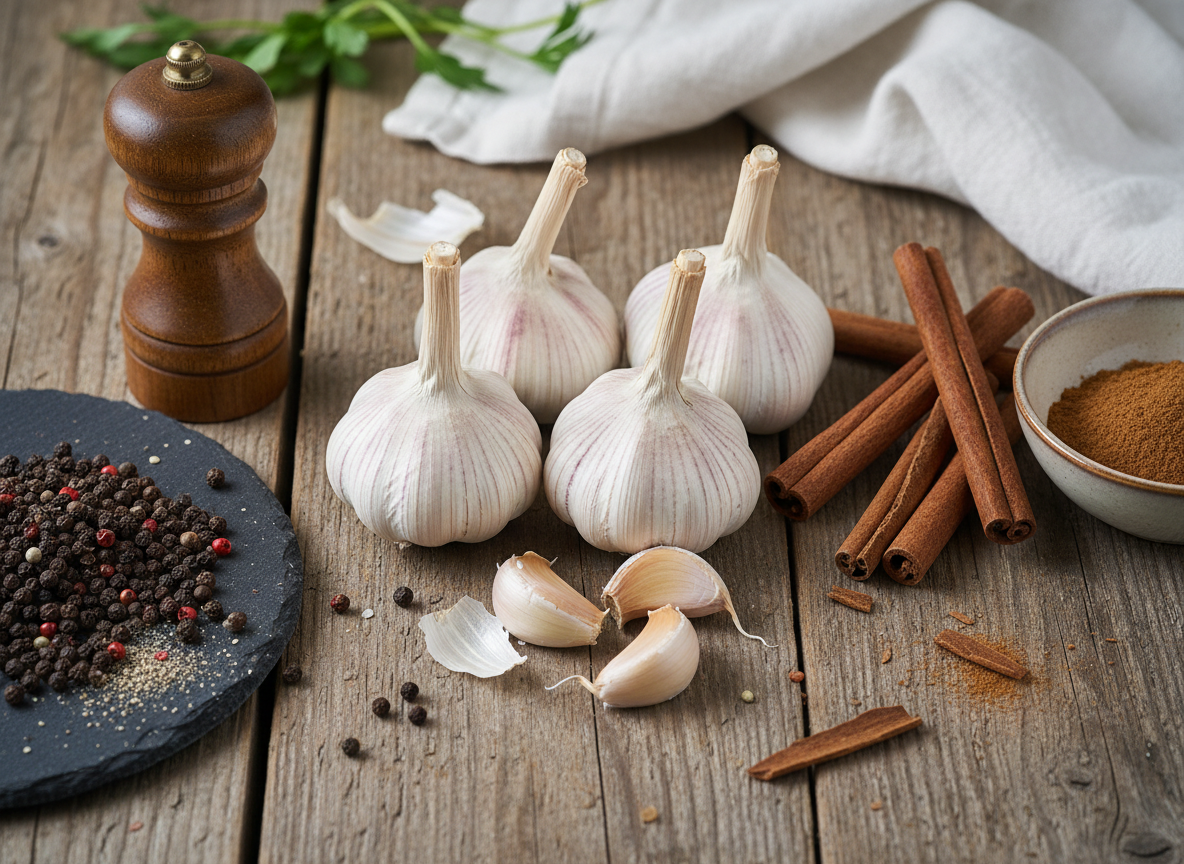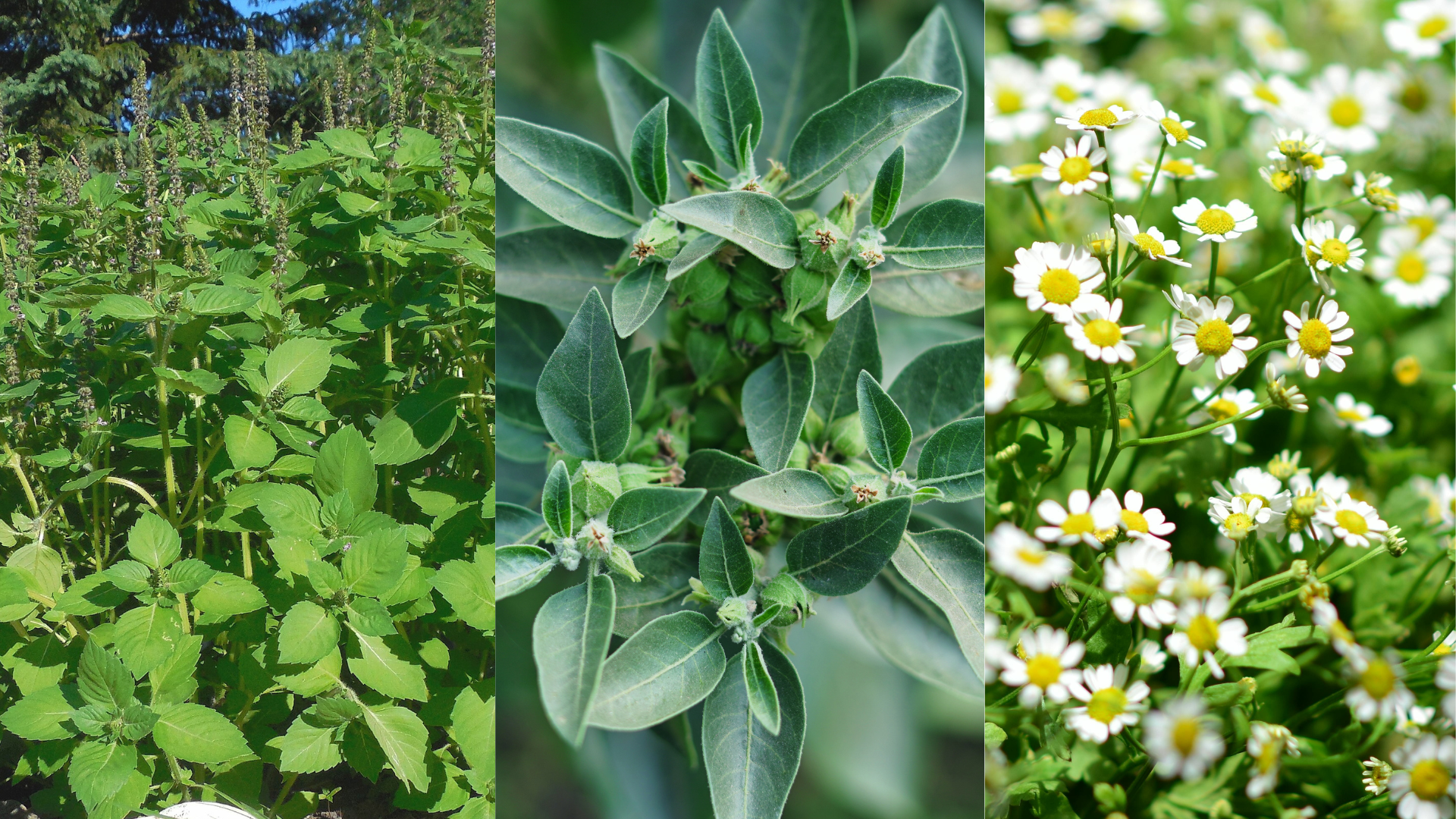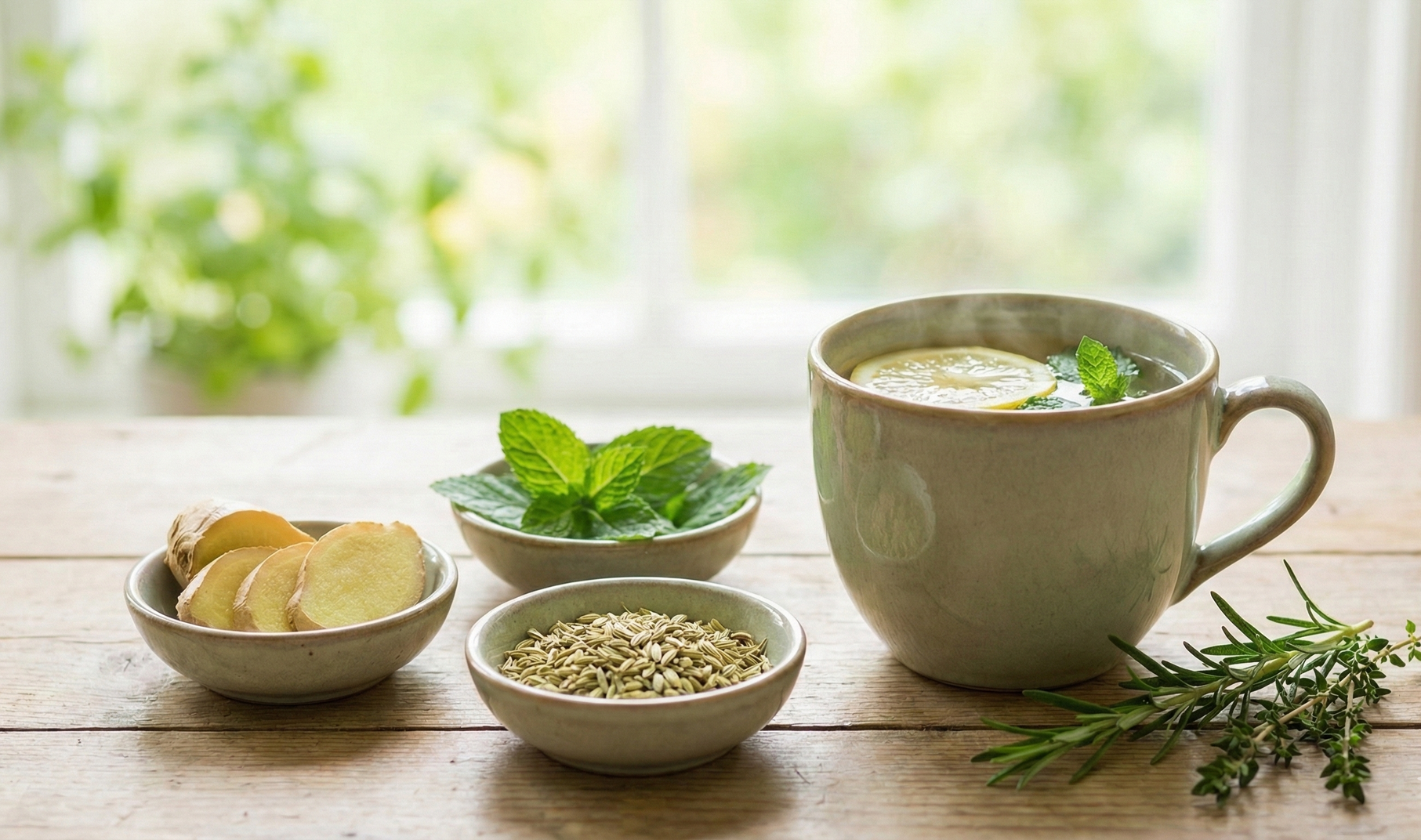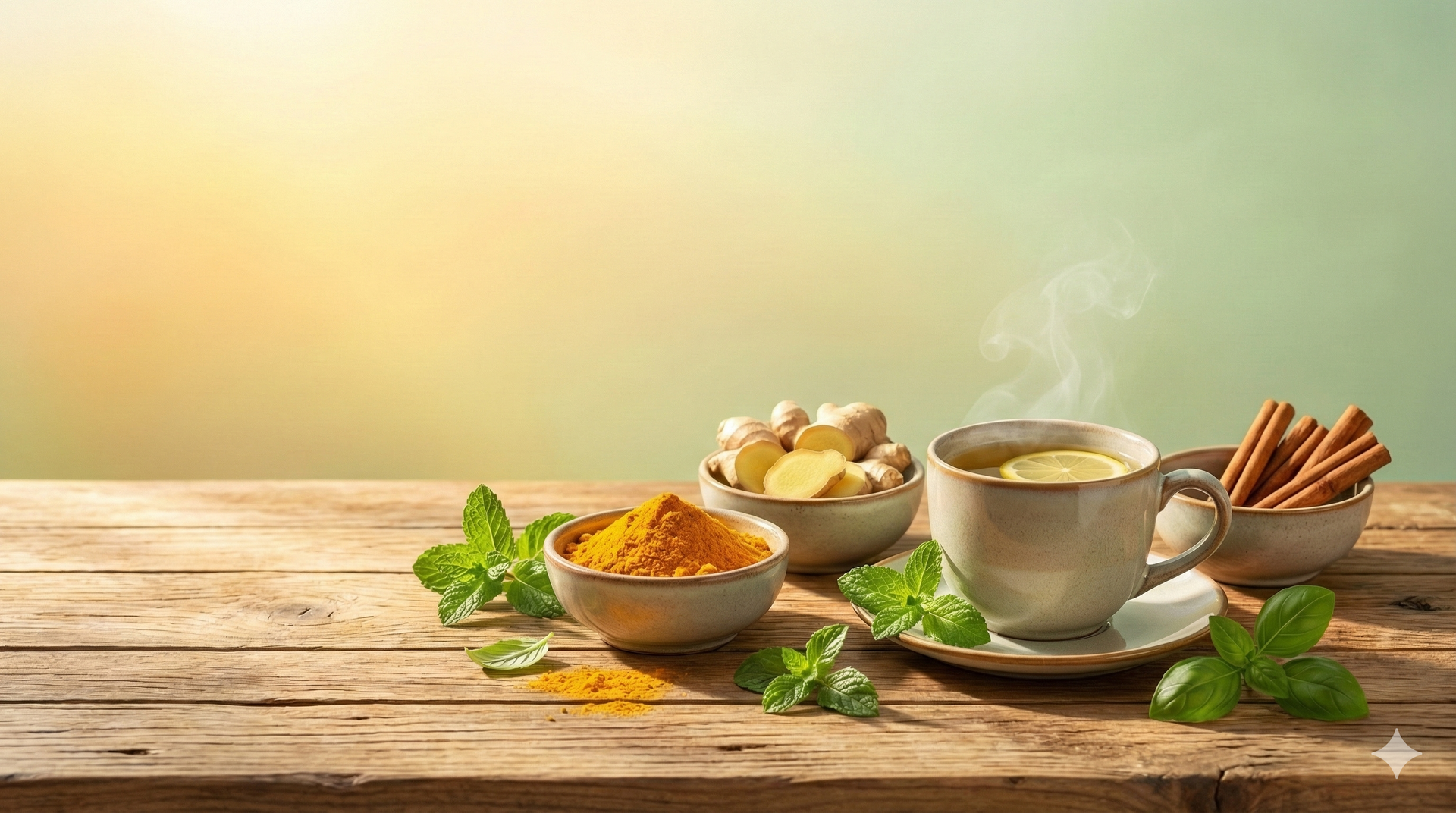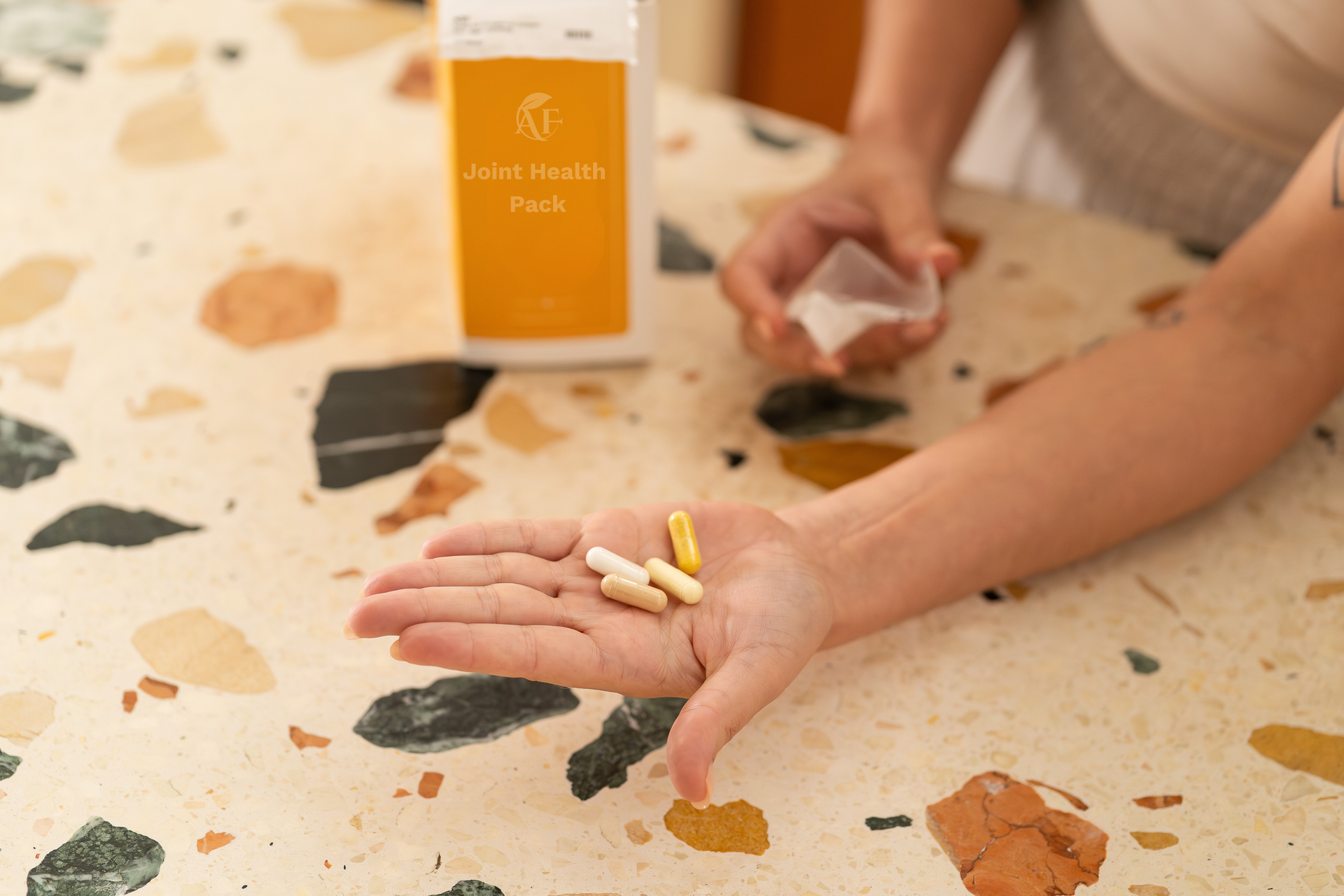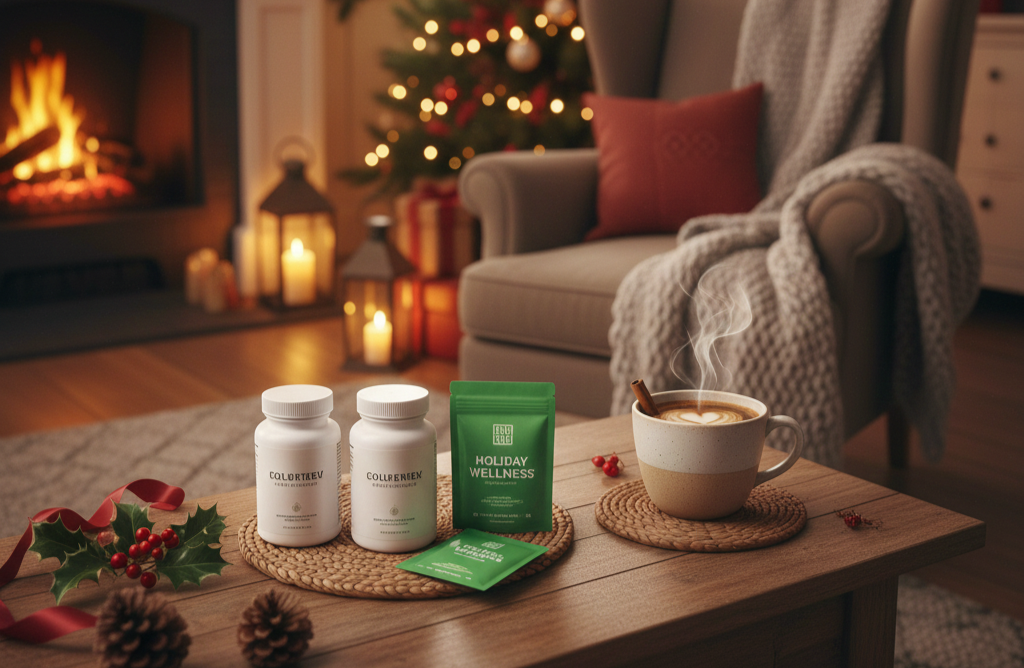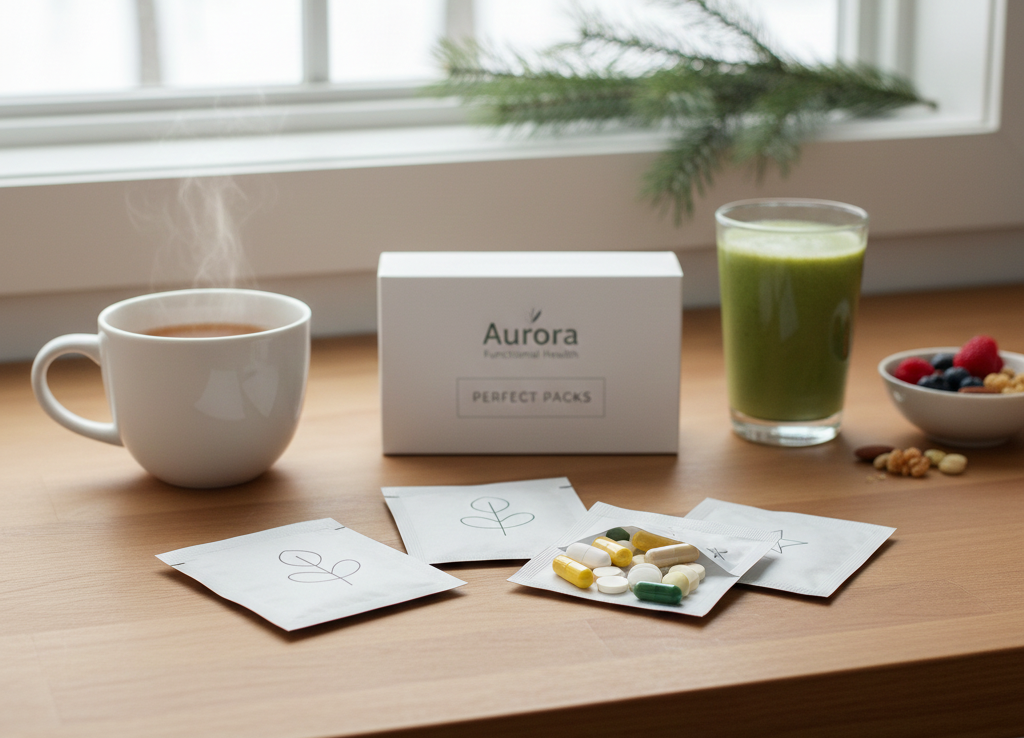Here's a natural nutritional approach
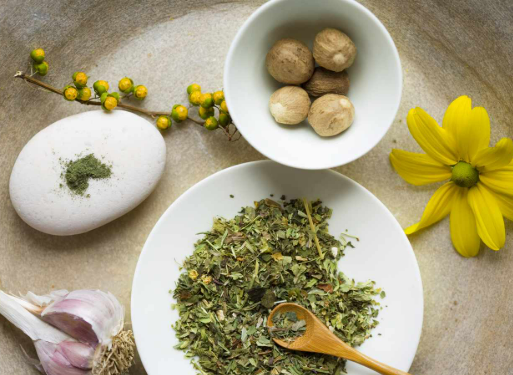
A functional medicine nutrition approach to chronic allergies focuses on uncovering the root causes of immune system dysregulation, strengthening the body’s natural defenses, and reducing the inflammatory burden through personalized nutrition and lifestyle strategies. Chronic allergies are not just about exposure to allergens—they are often signs of deeper imbalances in the gut, immune system, detox pathways, and nutrient status.
Core Functional Medicine Nutrition Principles
- Identify and eliminate triggers (foods, environmental allergens, toxins).
- Modulate the immune response to reduce overreactivity.
- Heal and support the gut, where much of the immune system resides.
- Support detoxification pathways to reduce histamine and toxin burden.
- Replenish key nutrients to improve immune tolerance and reduce inflammation.
Step-by-Step Nutrition Protocol for Chronic Allergies
1. Implement an Anti-Inflammatory Diet
Reducing inflammation calms the immune system and improves tolerance to allergens.
Focus on:
- Colorful vegetables: Rich in antioxidants and phytonutrients (especially leafy greens, carrots, beets, cruciferous vegetables).
- Low-glycemic fruits: Blueberries, apples, pears, pomegranate (rich in quercetin and vitamin C).
- Omega-3 rich foods: Salmon, sardines, flaxseeds, walnuts, chia seeds.
- Whole, unprocessed foods: Avoid processed foods and additives that increase immune burden.
- Herbs and spices: Ginger, turmeric, garlic, oregano—anti-inflammatory and immune-supportive.
Avoid:
- Gluten and dairy (common immune-reactive foods).
- Refined sugar and artificial sweeteners (pro-inflammatory).
- Processed foods and seed oils.
- Food additives like MSG, sulfites, food colorings.
2. Support Immune System Regulation
A hypersensitive immune system is at the root of allergic responses. Functional nutrition helps restore balance.
Key nutrients:
- Vitamin D3: Regulates immune response. Deficiency is linked to higher allergy prevalence.
- Zinc: Supports immune modulation and gut repair.
- Vitamin A: Helps maintain mucosal barriers (found in liver, sweet potatoes, carrots).
- Vitamin C: Natural antihistamine and immune modulator.
- Quercetin: A flavonoid that stabilizes mast cells and reduces histamine release.
3. Heal the Gut
Over 70% of the immune system resides in the gut. Leaky gut (intestinal permeability) can lead to chronic immune activation and allergies.
Strategies:
- Eliminate gut irritants: Gluten, dairy, NSAIDs, alcohol, processed foods.
- Use gut-healing nutrients:
- L-glutamine: Repairs intestinal lining.
- Aloe vera: Soothes inflammation.
- Zinc carnosine: Enhances gut barrier integrity.
- Add bone broth or collagen to support mucosal healing.
- Probiotics: Especially Lactobacillus rhamnosus GG and Bifidobacterium longum—may reduce allergic responses.
- Prebiotic fibers: Onions, garlic, asparagus, leeks, bananas (if tolerated).
4. Reduce Histamine Load
Chronic allergies are often associated with histamine intolerance or mast cell dysregulation.
Low-histamine diet (temporarily):
- Avoid aged cheeses, fermented foods, smoked meats, alcohol, vinegar, tomatoes, spinach, avocados, and canned fish.
- Focus on fresh meats, low-histamine veggies (zucchini, carrots, lettuce), and gluten-free grains.
Support histamine breakdown:
- DAO enzyme supplementation before meals.
- Nutrients: Vitamin C, B6, copper, magnesium.
5. Support Liver Detoxification
The liver helps metabolize histamine, allergens, and environmental toxins. Impaired detox can worsen allergies.
Nutritional strategies:
- Cruciferous vegetables: Broccoli, Brussels sprouts, cabbage—enhance phase II detoxification.
- Sulfur-rich foods: Garlic, onions, eggs (if tolerated).
- Milk thistle, dandelion root: Support liver enzyme activity.
- Adequate protein intake to support glutathione production.
6. Manage Stress and Cortisol Levels
Chronic stress increases cortisol, which disrupts immune balance and gut health.
Functional practices:
- Mindfulness meditation
- Deep breathing
- Regular exercise
- Adequate sleep (7–9 hours per night)
- Adaptogenic herbs (ashwagandha, rhodiola) if cortisol levels are off-balance
Functional Supplements for Chronic Allergies (Use with Practitioner Guidance)
- Quercetin + Bromelain: Mast cell stabilizer + inflammation reducer
- Vitamin C (buffered): Natural antihistamine
- Stinging Nettle Extract: Anti-allergic herb
- DAO enzyme: To help break down histamine
- Probiotics: Specific strains for immune modulation
- Omega-3 fatty acids: EPA/DHA from fish oil
FREE Juicing Protocol Recipes for Chronic Allergies
1. Anti-Inflammatory Allergy Relief Juice
Great for morning use to reduce inflammation and help stabilize the immune response.
Ingredients:
- 1 cucumber (hydration, anti-inflammatory)
- 1 green apple (antioxidants + mild sweetness)
- 1 handful parsley (natural antihistamine, rich in vitamin C)
- 1 inch fresh ginger root (mast cell stabilizer, reduces nasal congestion)
- 1 inch turmeric root (anti-inflammatory)
- Juice of 1 lemon (vitamin C, alkalizing)
Instructions:
- Wash and prep all ingredients.
- Juice all ingredients and stir.
- Drink immediately, ideally on an empty stomach.
Benefits:
- Combats inflammation
- Provides natural antihistamines (vitamin C, quercetin in parsley)
- Supports liver detox
2. Liver Detox & Histamine Support Juice
Use mid-day to help clear allergens from the system and support histamine metabolism.
Ingredients:
- 3 celery stalks (alkalizing, natural diuretic)
- 1 small beetroot (supports liver phase 2 detox)
- 1 carrot (vitamin A supports mucosal barrier health)
- 1/2 green apple (quercetin and antioxidants)
- 1 inch fresh turmeric (anti-inflammatory)
- Juice of 1/2 lemon (supports DAO enzyme and liver function)
Instructions:
- Wash, peel, and juice all ingredients.
- Drink before lunch for liver support.
Benefits:
- Supports glutathione and detoxification pathways
- Helps break down histamine
- Aids in clearing environmental toxins
3. Gut-Healing, Immune-Calming Juice
Drink in the evening or post-lunch for digestive and gut barrier support.
Ingredients:
- 1/2 cup red cabbage (rich in glutamine for gut repair)
- 1 cucumber (soothing to the gut lining)
- 1/2 fennel bulb (soothes digestion, anti-inflammatory)
- 1/2 pear (low-histamine, fiber, and antioxidants)
- Small handful mint leaves (calms the gut and sinuses)
Instructions:
- Juice all ingredients and serve chilled.
- Best consumed between meals or 30–60 minutes before dinner.
Benefits:
- Supports gut lining and reduces leaky gut
- Calms histamine and immune reactivity
- Helps digestion, reducing immune triggers






